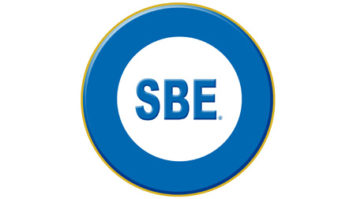Making the most of scarce spectrum resources is on the FCC’s mind as its fiscal year 2007 budget proposal is part of the package submitted by President Bush has submitted a proposed budget to Congress. Total proposed FCC funding is $302.5 million, a 4% rise from last year’s $289.8 million.
The agency would make the bulk of its money through regulatory fees and a proposed spectrum user fee is included in that for stations that didn’t get their licenses at auction.
“The explosion of new digital services has placed huge new demands on this
traditionally scarce resource, and allocating its private-sector use has always been one of the FCC’s fundamental responsibilities,” states the agency in its budget proposal. “The pioneering work of the FCC’s Spectrum Management Task Force is producing new approaches to spectrum management, freeing up more of this valuable resource for innovative uses and shortening the time it takes to make spectrum available.”
To support this goal, the FCC is seeking additional resources to help fund its laboratory functions such as $1.1 million for 12 vehicles containing direction-finding equipment so the Enforcement Bureau can bust pirates and other unlawful spectrum users. The commission has used these vehicles to resolve interference to police, fire department, and emergency medical response communications systems. In response to Hurricane Katrina, for example, the FCC used them to resolve interference affecting the communications systems of disaster relief personnel.
The agency wants to replace its fleet of aging vehicles and also update the direction-finding gear.
The agency also seeks $.7 million to automate frequency coordination between the FCC and the National Telecommunications and Information Administration as well as frequency assignment requests that are referred from the commission’s Bureaus, such as WTB, IB, and EB; and reviewing frequency assignment requests that are submitted to NTIA from other federal agencies such as DOD, FAA, and NASA.
Now, this coordination function is all manual. The proposed OET Frequency Assignment Coordination System would automate cross agency frequency coordination and speed it up and make it easier to track the processes, said the FCC.
The FCC also asked for an increase in its travel budget, to $0.235 million, to compensate for the agency’s own prohibition on industry-sponsored travel.
FCC Seeks Spectrum Fees, Funds for Upgraded Interference-Busting in Budget
FCC Seeks Spectrum Fees, Funds for Upgraded Interference-Busting in Budget










